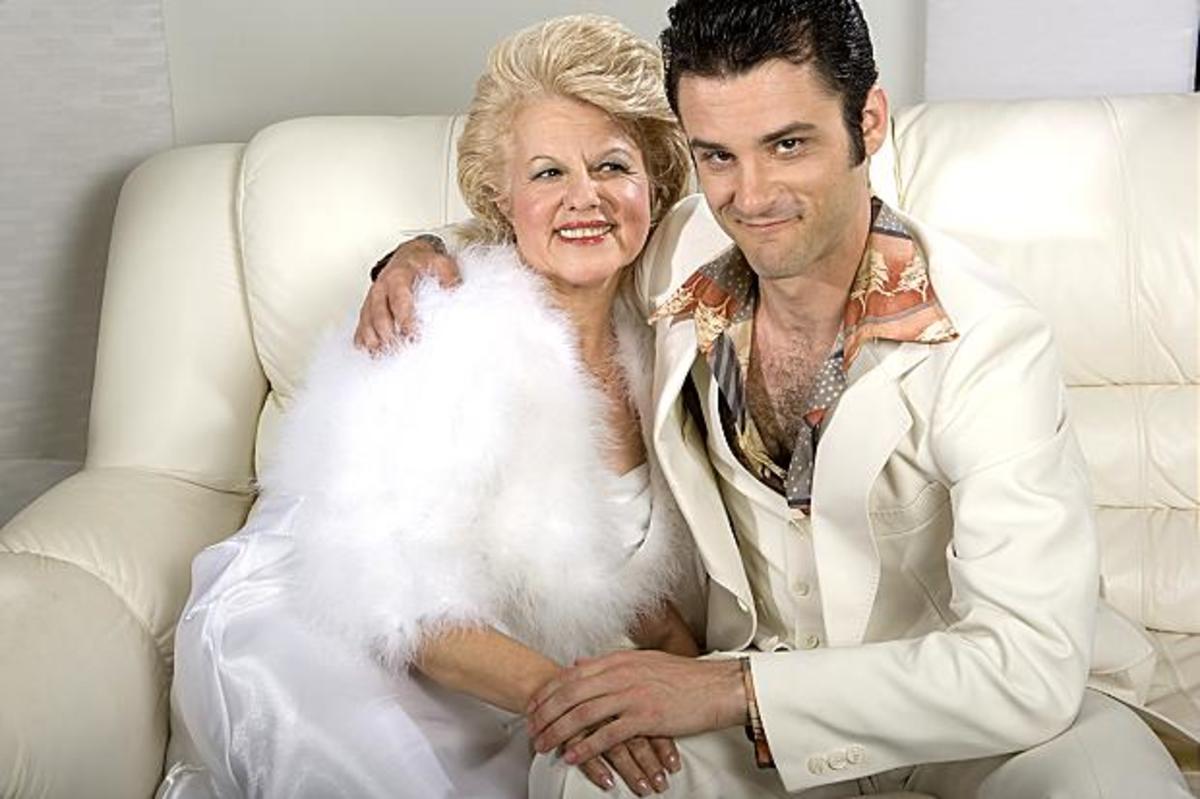What are some common examples of misdemeanor crimes?
Carlo Ruspi
Carlo Ruspi
Carlo Ruspi
Carlo Ruspi
Carlo Ruspi
Carlo Ruspi
Carlo Ruspi
Carlo Ruspi
Carlo Ruspi
Carlo Ruspi
Carlo Ruspi
Carlo Ruspi
Carlo Ruspi
Carlo Ruspi
Carlo Ruspi
Carlo Ruspi
Carlo Ruspi
Carlo Ruspi
Carlo Ruspi
crimes.

California Penal Code § 647 (h) makes it a crime to loiter on someone else’s property
with the intent to commit a crime.

The information disclosed in this conversation does not constitute or create a lawyer-
client relationship. We respect your privacy.

Legislators group misdemeanors into classes in order to make it
easy to assign a punishment. The law assigns a sentence or sentence range for
each classification. For every crime, the statute defining the crime
states the class that the offense belongs to. Those who will receive
your information may contact you using modern phone equipment, which may
include auto-dialers and text. Consent is not a condition
for purchase or hire.

Federal and state laws offer us many protections when it comes to
the police searching our person, home, car, or other property. This area
of criminal law is extraordinarily complicated and riddled with legal nuances that
many people are unaware of.

Encounters with the police can be intimidating, and many of us may inadvertantly waive
our rights simply because we are unaware of them.
Learn about your rights when dealing with the police, so you can act accordingly when
faced with that situation.

When faced with a police interaction, it’s vital to be aware of your rights as granted by
the Constitution. These rights safeguard you from potential abuses of power and
unjust actions. Two of the most fundamental rights are the right to remain
silent and the right to legal representation.

If a police officer comes to your residence and wants to question you, you don't have
to let the officer in or answer any questions. You don't have to consent to any searches
unless the officer has a search warrant or can justify the
search on an emergency basis, as explained below. Plain view.Of course, you are always
free to speak with a police.
with the intent to commit a crime.
client relationship. We respect your privacy.
easy to assign a punishment. The law assigns a sentence or sentence range for
each classification. For every crime, the statute defining the crime
states the class that the offense belongs to. Those who will receive
your information may contact you using modern phone equipment, which may
include auto-dialers and text. Consent is not a condition
for purchase or hire.
the police searching our person, home, car, or other property. This area
of criminal law is extraordinarily complicated and riddled with legal nuances that
many people are unaware of.
our rights simply because we are unaware of them.
Learn about your rights when dealing with the police, so you can act accordingly when
faced with that situation.
the Constitution. These rights safeguard you from potential abuses of power and
unjust actions. Two of the most fundamental rights are the right to remain
silent and the right to legal representation.
to let the officer in or answer any questions. You don't have to consent to any searches
unless the officer has a search warrant or can justify the
search on an emergency basis, as explained below. Plain view.Of course, you are always
free to speak with a police.
law enforcement officer once you are no longer in a potentially harmful situation.
Here we describe what the law requires and also offer strategies for handling police
encounters. We want to be clear.
it needed? Because they often have a very different experience with
the police than white people. Black and Brown people are stopped more often because
of the color of their skin.
into illegal conduct, they can be held accountable for their wrongdoing. A law
enforcement officer may not commit a crime while on duty
or off duty.
did not have probable cause to believe a crime had been committed, the officer violated
the person’s Fourth Amendment rights. However, false arrests can
also violate a person’s Fourteenth Amendment.
violated. It discourages law enforcement agencies from using arrests as an unlawful
way to obtain more evidence when they do not have enough evidence or probable
cause to support an arrest. Other forms of police misconduct could lead
to the use of the exclusionary rule.
when they do not have a warrant or say that they are specific
individuals, such as a priest, to obtain a confession. They also cannot lie
about how the legal system works. Police officers cannot use bribery to obtain
evidence or use intimidation to obtain a confession.
can certainly be a frightening experience. However, your initial arrest does not necessarily
have to lead to a conviction and subsequent punishment. With the help of
an experienced Louisville DUI lawyer, like those here at Suhre & Associates DUI
and Criminal Defense Lawyers, it may be possible to have your charge
reduced or dismissed.


Commenti
Posta un commento